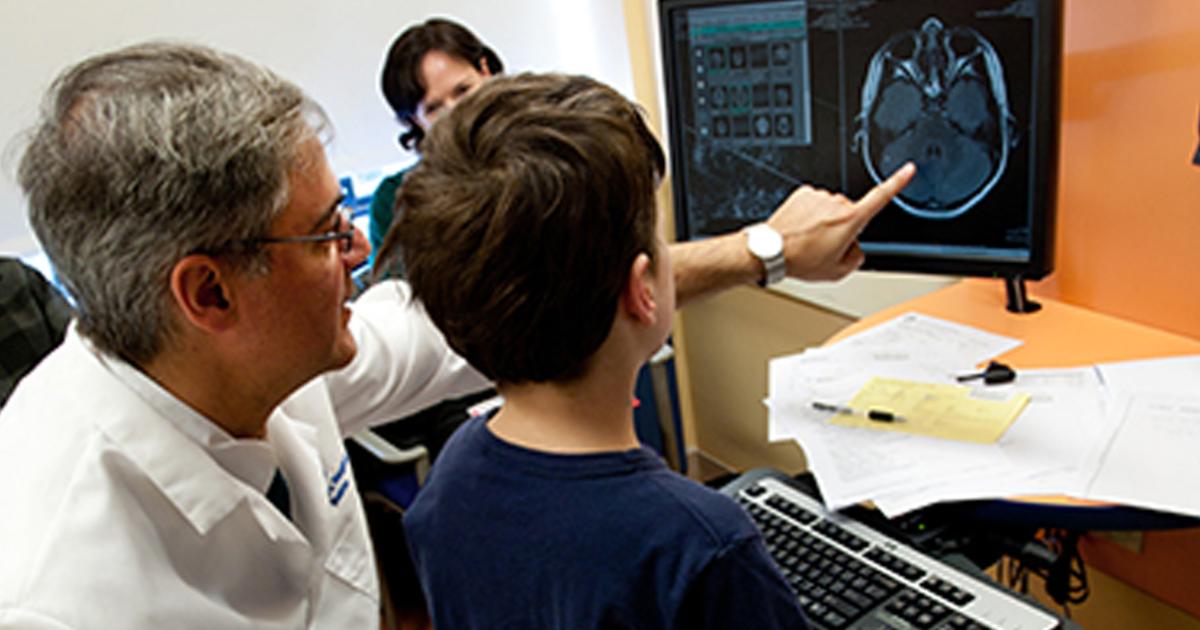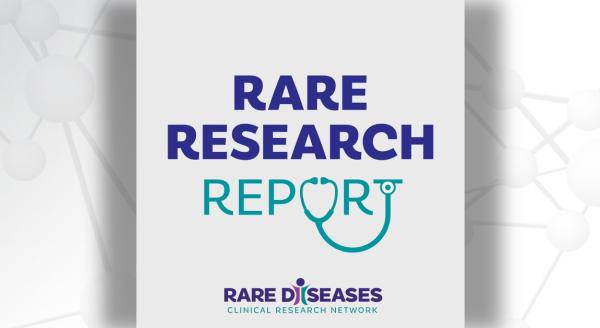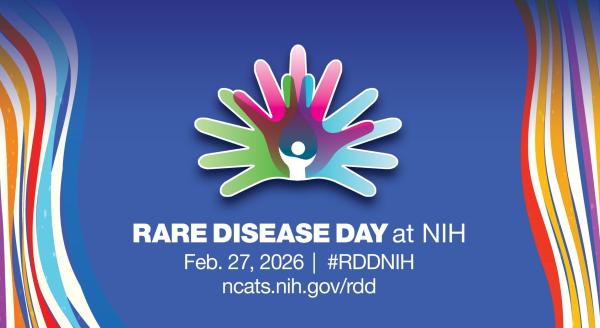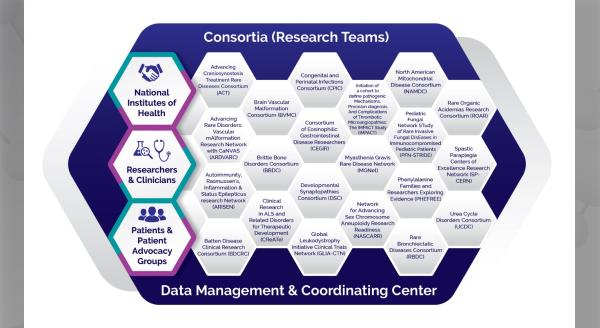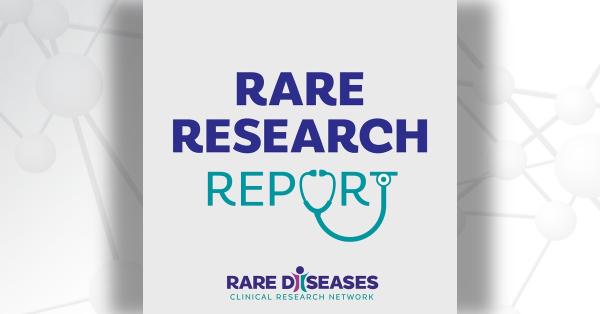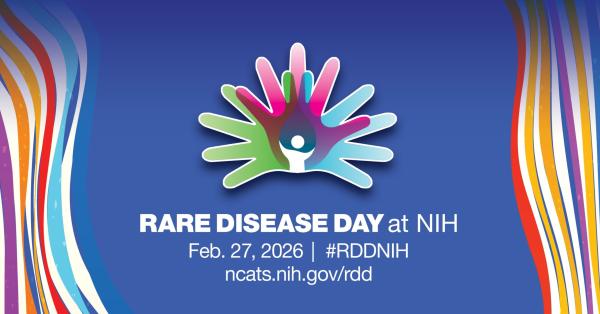Mustafa Sahin, MD, PhD, of Boston Children’s Hospital is a practicing physician and researcher. He is also the principal investigator of the Rare Diseases Clinical Research Network’s (RDCRN’s) Developmental Synaptopathies Consortium (DSC). In that role, he leads a team of researchers, physicians and patient advocacy groups working across ten medical centers to study three rare genetic syndromes that often cause autism spectrum disorder and intellectual disability.
Here, Dr. Sahin talks about his experiences as a physician and researcher working on the front lines during the pandemic.
How is your work as a physician and researcher impacted by COVID-19?
The first impact of COVID-19 was the closure of our research laboratory on March 15. We have not been able to do any basic science experiments since then. It looks like we will be gradually and very slowly starting to go back to lab the first week of June. Since it takes a while to restart the experiments and staff can only be in the lab in shifts of four hours per day, the productivity loss to all the research projects will be much more significant than three months of lab closure.
In terms of clinic visits, we moved very quickly (within two to three weeks) to virtual visits (also known as telemedicine). In striking contrast to pre-COVID days where we were doing only one virtual visit per day at most in our neurology department, we are now doing over 200 virtual visits each day.
Virtual visits may not be ideal since we are limited with the examinations that we can perform. But, given the circumstances, the families appear satisfied and relieved that they did not have to come to the clinic. At least for the near future, it looks like our neurology practice is going to be some combination of in-person and virtual visits.
What impacts are you seeing on rare disease patients and families?
Unfortunately, many individuals and families affected with rare diseases are carrying a disproportionate burden of the COVID-19 pandemic.
Our RDCRN consortium is focused on rare genetic diseases associated with intellectual disability and autism.
In many cases, our rare disease patients are critically dependent on in-person support, often by caregivers outside their immediate family, whether it is in the form of therapy or education. Our rare disease patients may be able to see their physician by virtual visits, but vital occupational therapy and physical therapy require hands-on experience, which has been made difficult or impossible due to physical isolation procedures.
Another disproportionate burden of the COVID-19 pandemic on individuals with rare diseases is increased vulnerability to infection. The reasons for this may be multi-factorial: some individuals may be intrinsically vulnerable to infection due to underlying immune deficiency; others may be taking medications that reduce their immune system function; others may be more exposed because they live in group homes.
Since this disease is new to all of us in medicine, it has been difficult at times to make recommendations about how to treat patients with rare disease during this pandemic. Each disease community had to figure out what the reasonable recommendations are without much data to guide them. For some of our disease populations, we have been working with patient advocacy groups to collect such data as soon as possible.
What are the biggest challenges you think the rare disease community needs to overcome?
Access to services, disease-specific treatment guidelines to deal with COVID-19, and increased vigilance for those living in group settings are issues that come immediately to mind. Other rare disease communities may be also dealing with access to and delivery of food, medicine, and devices.
There are also serious ethical issues surrounding allocation of treatment resources that are constrained or at risk during the pandemic. It will be extremely important for the rare disease community to advocate on all of these fronts during the pandemic.
What gives you hope for the future?
I remain hopeful that we will be able to have better and well-distributed testing, care, prevention, and treatment for COVID-19 in the near future.
I suspect COVID will be behind us at some point, but rare diseases will be here even after COVID. Therefore, it is important for us to continue to focus on research in rare diseases and work even harder to find safe and effective treatments to improve the lives of those affected with these diseases.
The sense of community that has been generated among rare disease patients, families, researchers together with recent successes in bringing new therapies to the clinic gives me further hope and motivation.
The Rare Diseases Clinical Research Network is conducting a survey for rare disease patients and families about impacts of COVID-19. Click here to learn more or complete the survey.

